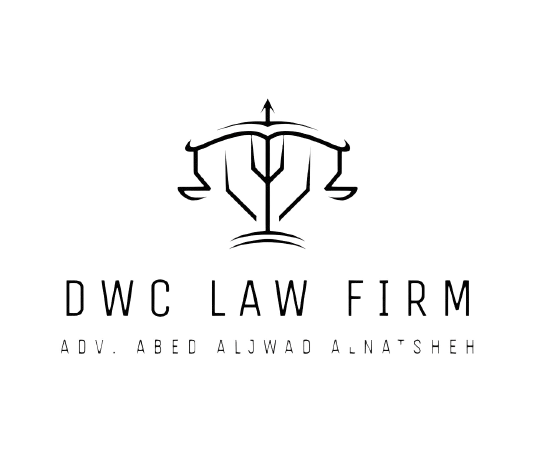What is Sick Leave?
Sick leave is paid time off granted to employees who are unable to work due to illness or injury. It is typically a legal requirement in many countries, and employers may offer additional sick leave days beyond the minimum mandated.
Purpose of Sick Leave
- Employee Health: Sick leave allows employees to rest and recover from illness or injury, preventing the spread of disease and promoting overall well-being.
- Productivity: By allowing employees to stay home when they are sick, employers can help to prevent the spread of illness within the workplace, reducing absenteeism and improving productivity.
- Employee Morale: Providing sick leave benefits demonstrates an employer’s commitment to the health and well-being of its employees, which can boost morale and job satisfaction.
Typical Provisions in Sick Leave Policies
- Accrual: Sick leave may be accrued over a specific period, such as a year.
- Carryover: Some policies allow employees to carry over unused sick leave to the next year.
- Documentation: Employees may be required to provide medical documentation to support their sick leave claim.
- Continuous Illness: Employers may have specific policies for extended periods of sick leave due to continuous illness.
Legal Requirements
The specific legal requirements for sick leave vary from country to country. In many jurisdictions, employers are mandated to provide a minimum number of paid sick days to their employees.
Best Practices for Employers
- Clear Policies: Employers should have clear and transparent policies regarding sick leave, including accrual rates, carryover rules, and documentation requirements.
- Encouragement: Employers should encourage employees to stay home when they are sick to prevent the spread of illness.
- Flexibility: Employers may consider offering flexible sick leave policies, such as paid time off for preventive care or mental health days.

